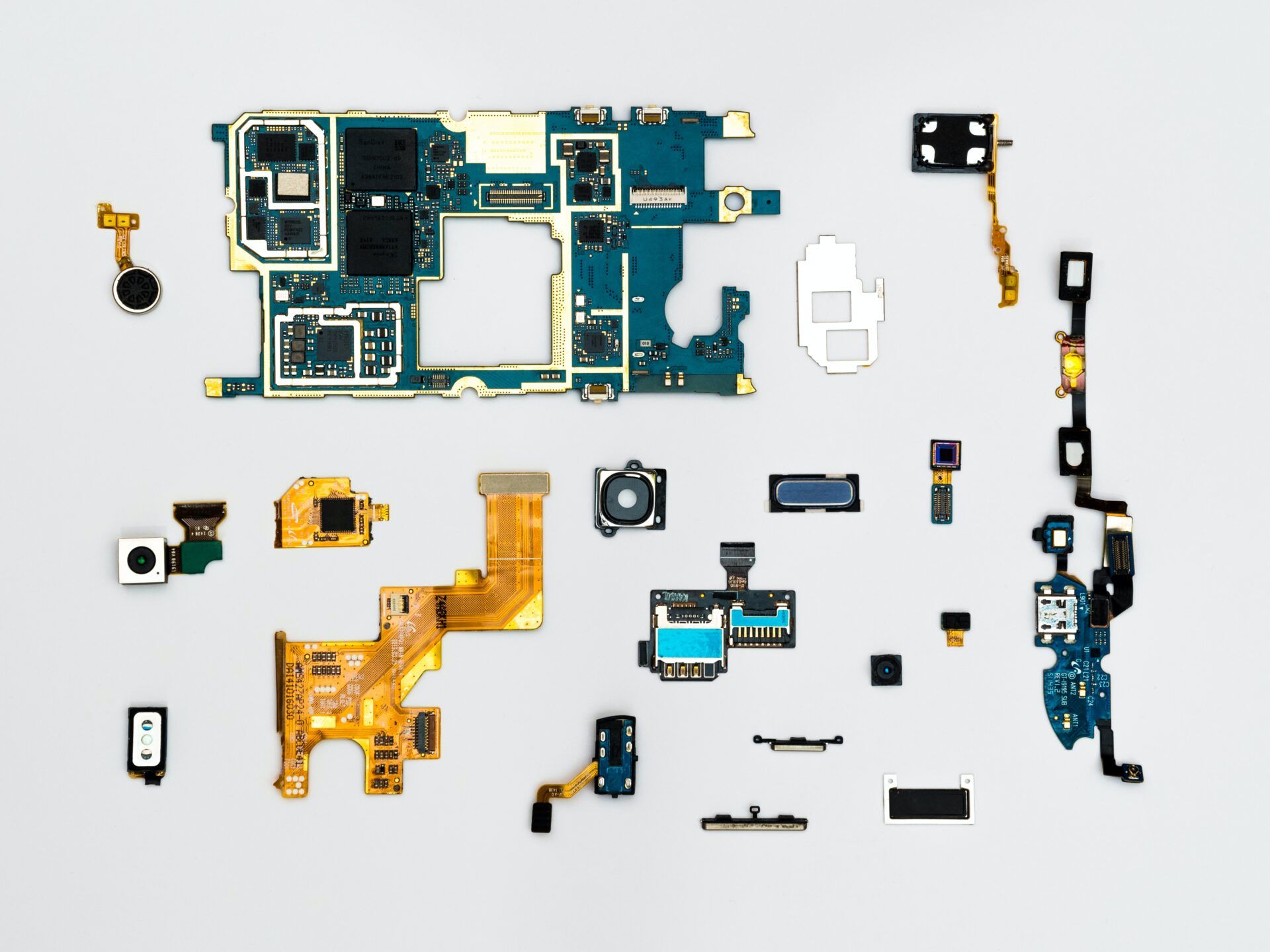The scramble for digital Africa

Digital colonialism refers to a modern-day “Scramble for Africa” where largescale tech companies extract, analyze, and own user data for profit and market influence with little benefit to the data source.
As Western technology companies increasingly rely on user data globally, extensive data protection laws and regulations emerged to ensure the ethical use of that data.
These same protections, however, do not exist uniformly in the resource-rich, infrastructure-poor African countries, where Western tech seeks to establish its presence.
These conditions provide an ideal landscape for digital colonialism.
With a 1.4 billion population, Africa is the least connected region globally.
It has a potential digital market of 1 billion people due to its fast-growing youthful population, and this potential is attracting investments and attention from all over the world.
According to Boluwatife Sanwo, tech personnel, in something akin to the power struggle that characterized the Berlin Conference that divided African countries among colonial invaders, there is now a scramble to control Africa’s digital economy.
For instance, China’s Digital Silk Road, which was covered in a previous edition of Next Wave; the United States’s Build Back Better World initiative; and the European Union’s Global Gateway, are all projects created by world powers and power blocs purportedly to help Africa’s digital transformation.
In addition, private companies from across world powers have made significant investments in the infrastructure they hope will boost Africa’s internet connectivity, including laying subsea cables, building data centers and cloud infrastructure, and installing 5G networks.
But this also cedes excessive and unchecked control to these foreign actors.
Africa’s lack of sovereignty over its digital infrastructure begs the question of how it intends to protect its digital interests and prevent that ecosystem from becoming a battleground between world powers.
This dominance, if left unchecked—even as it preserves citizens’ digital rights—raises fears among experts of autocratic capitalism and a digital dystopia that might see African countries as pawns on the global chessboard.
There are risks that the adoption of Fourth Industrial Revolution (4IR) technologies by African countries will result in exploitation by the advanced capitalist countries that own, wield, and dominate these new technologies.
But the 4IR holds a higher stake in Africa because it promises to transform education through artificial intelligence, the 5G network, blockchain, cloud computing, and 3D printing—education, increase productivity, and create new jobs.
There are critiques on tech’s ability to deliver on its promises to improve the conditions of work and life in Africa.
Research shows that, on the continent, the adoption of digital technologies has been uneven, built on the back of older technology, and deepened social inequality.